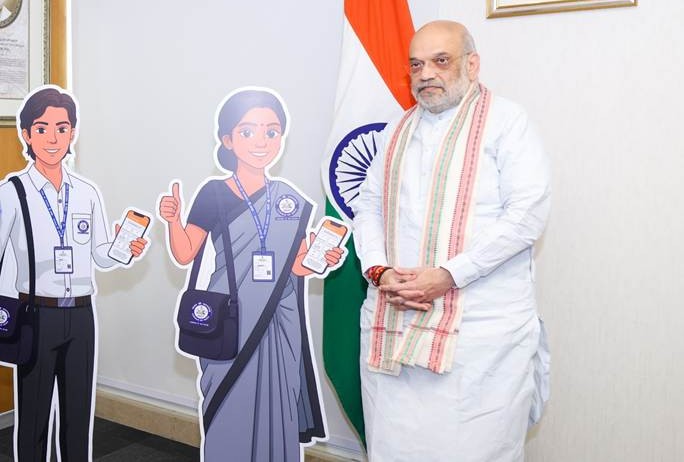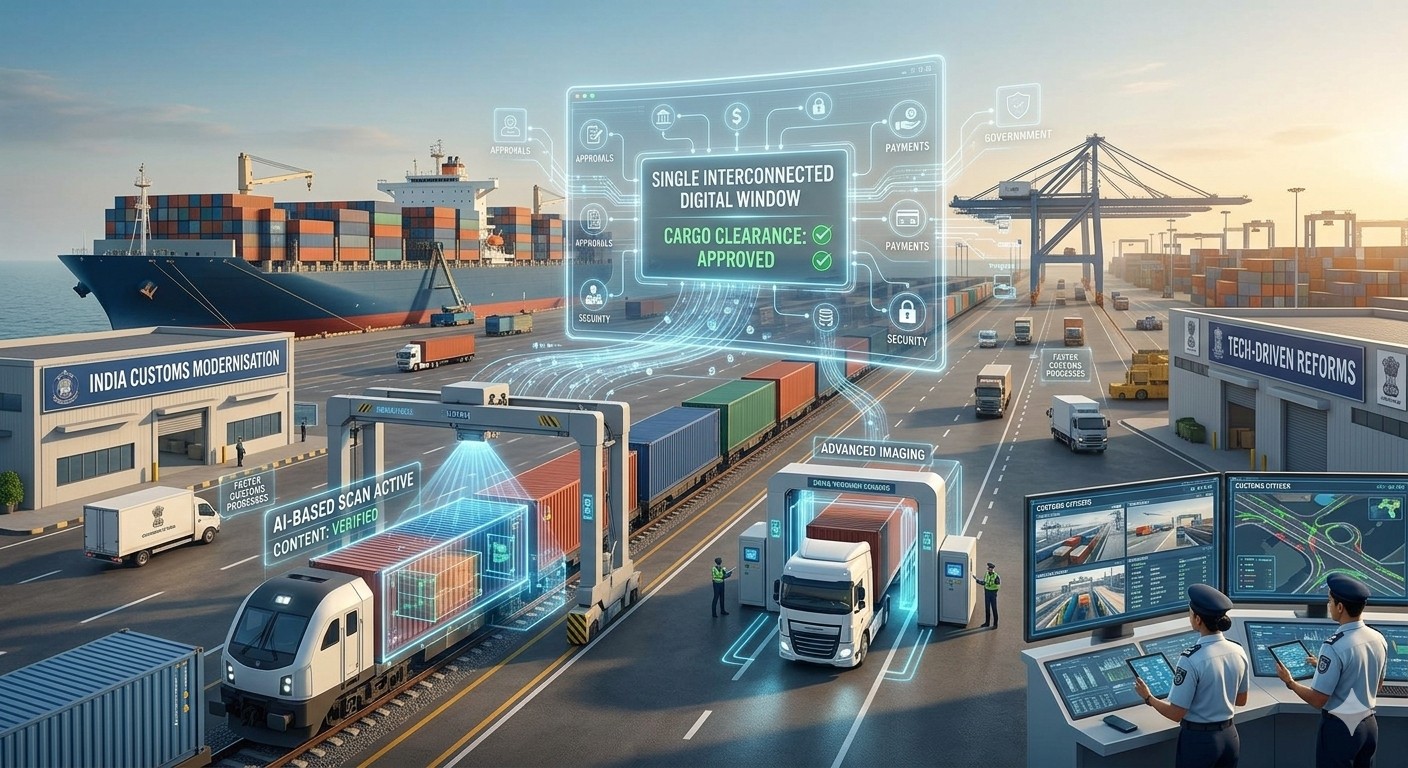India Must Evaluate Research, Risks, and Governance of Geoengineering, Say Experts at High-Level Workshop

NITI Aayog CEO BVR Subrahmanyam speaks at the workshop in New Delhi on Friday
New Delhi, August 29: A high-level workshop co-hosted by NITI Aayog, the Council on Energy, Environment and Water (CEEW), and the Centre for Social and Economic Progress (CSEP) has called for India to strategically examine the science, governance, and risks of geoengineering. The event, held in New Delhi on August 28, brought together policymakers, scientists, and global experts including NITI Aayog CEO BVR Subrahmanyam, Environment Secretary Tanmay Kumar, CEEW Founder-CEO Dr Arunabha Ghosh, CSEP President Dr Laveesh Bhandari, and University of Chicago’s Prof. David Keith.
Geoengineering refers to deliberate, large-scale interventions in the Earth’s climate system to counter global warming. The workshop focused on two approaches: Carbon Dioxide Removal (CDR) through methods such as biochar, enhanced rock weathering, and carbon capture with geological storage; and Solar Radiation Management (SRM), which explores techniques like stratospheric aerosol injection and marine cloud brightening.
Subrahmanyam said India’s development path is energy-intensive but aligned with sustainability goals, stressing that while mitigation must remain the foremost global responsibility, India should also explore “moonshot technologies” to set the trend for future sustainable growth.
Dr. Ghosh emphasized the need for equitable, cross-border governance of climate-altering technologies: “India must decarbonise without deindustrialising. Climate geoengineering demands collaboration and justice at the core of global decisions.”
Dr. Bhandari highlighted the socio-economic stakes for a monsoon-dependent country: “Geoengineering raises profound questions of science, sovereignty, and society. India must engage early, invest in strategic research, and design institutions capable of managing long-term risks.”
Sessions covered India’s CDR pathways, SRM governance dilemmas, and implications for sectors such as agriculture, water, and livelihoods. Participants agreed that while mitigation and adaptation remain priorities, India must be prepared with robust research, monitoring, and governance frameworks for geoengineering in the decades ahead.








